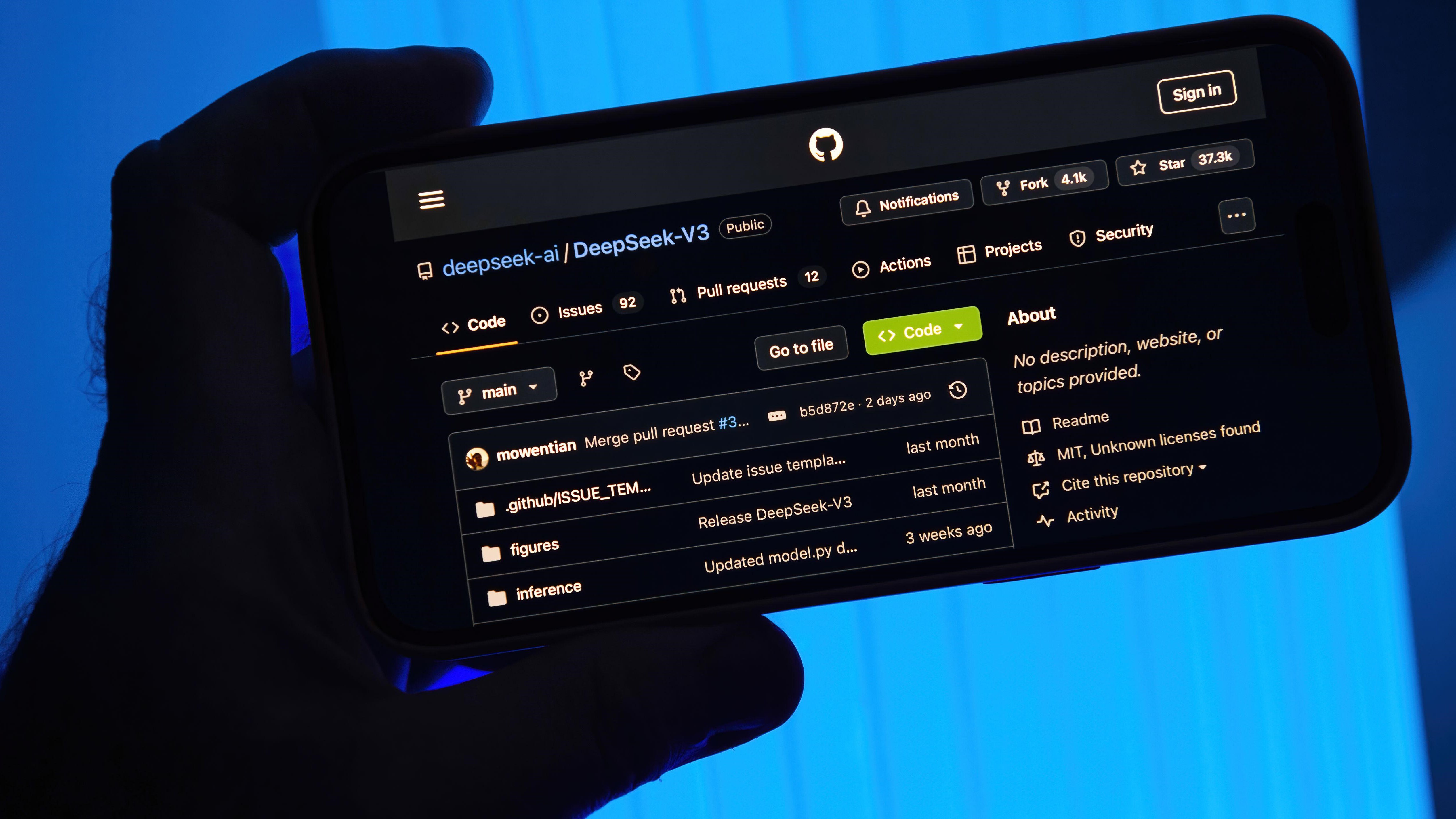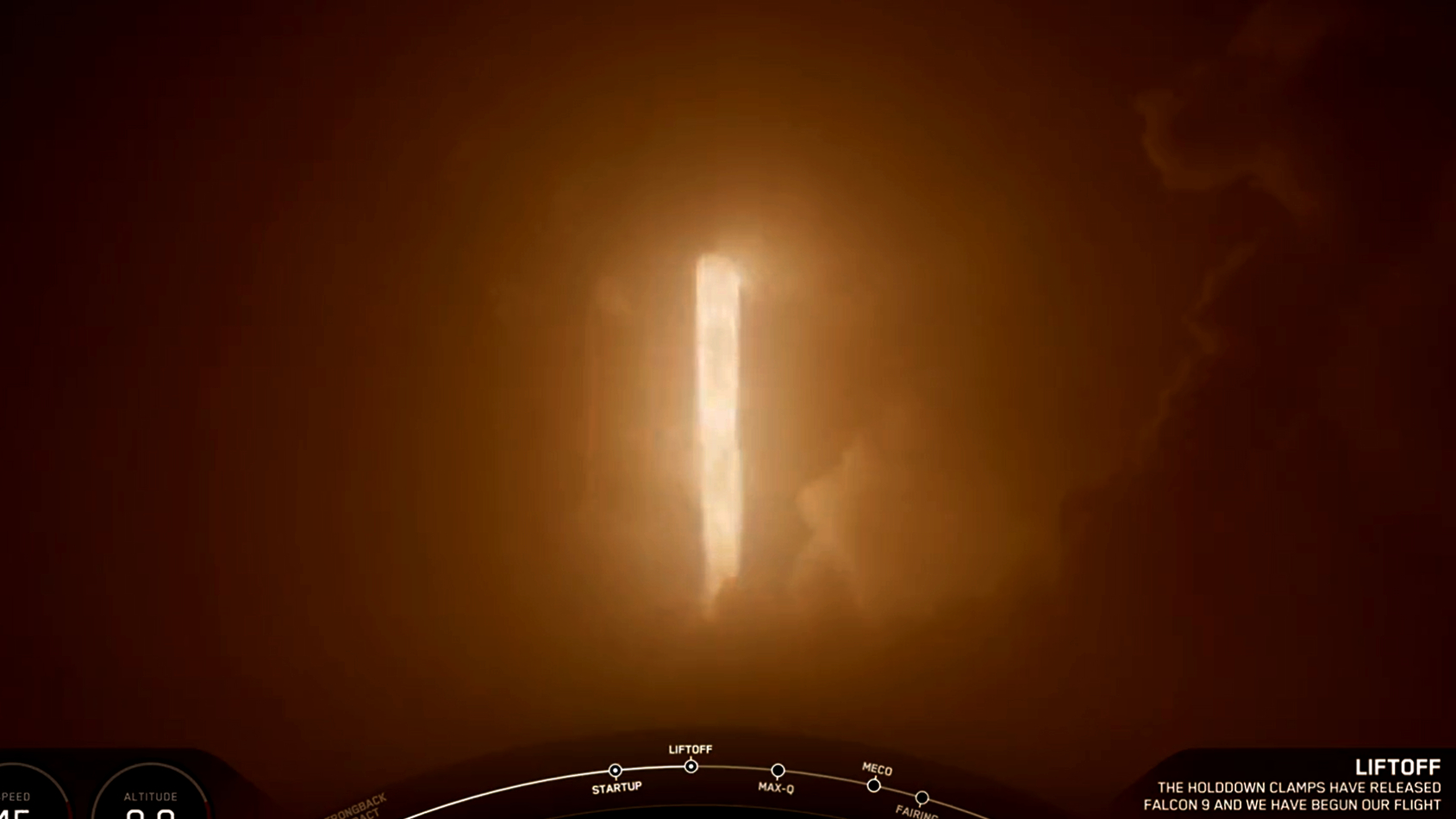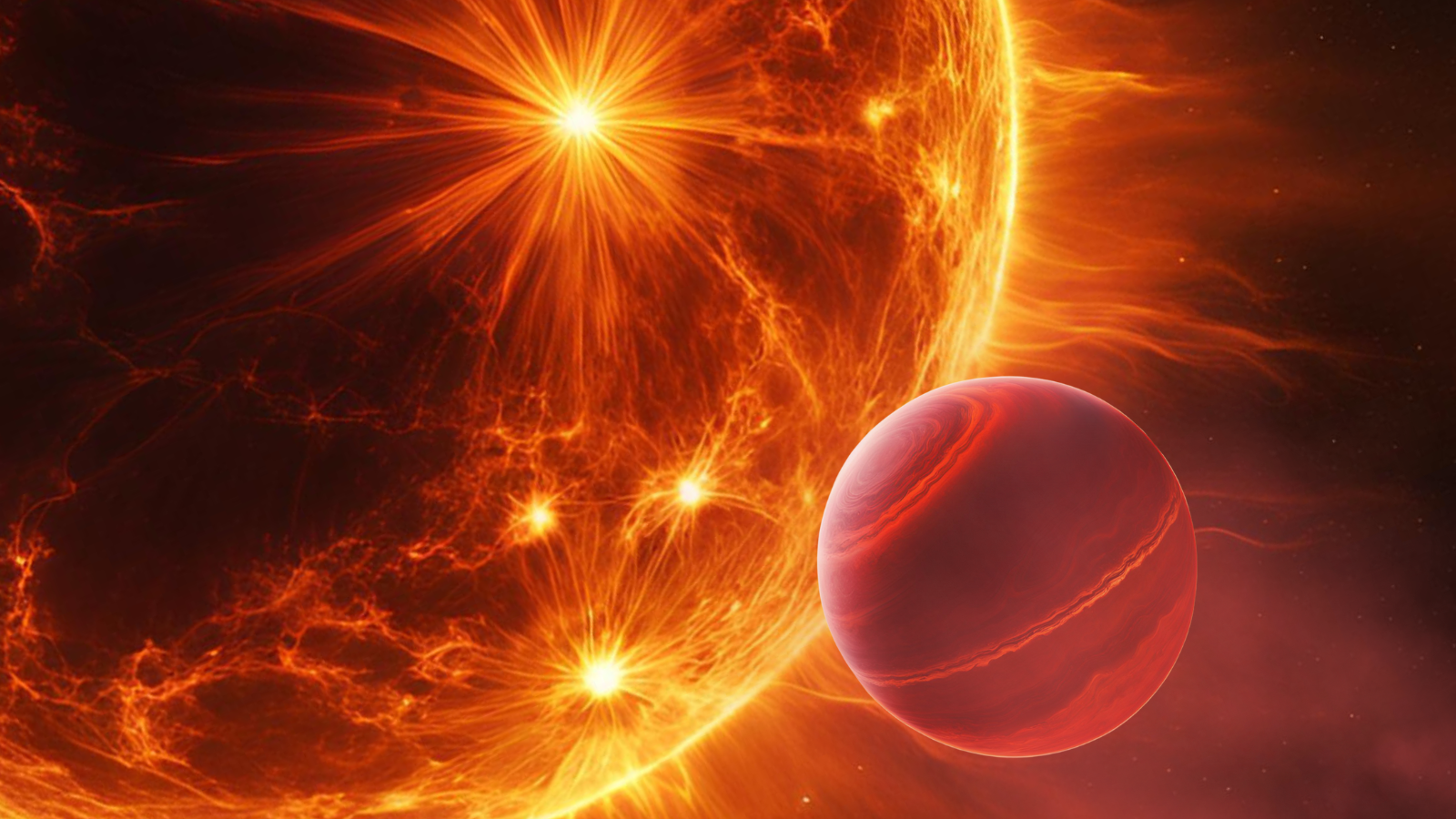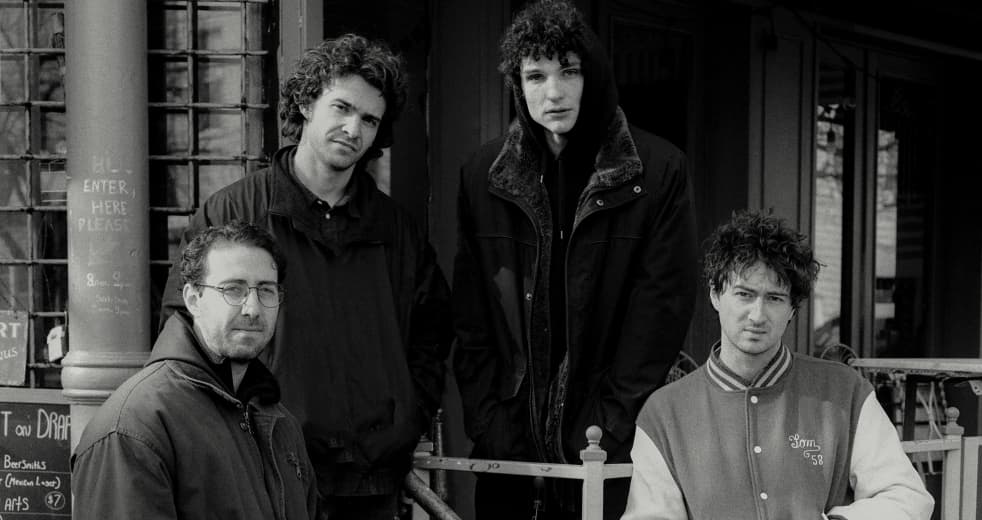Why Even Physicists Still Don't Understand Quantum Theory 100 Years On
A century after quantum mechanics revolutionized physics, scientists still cannot agree on how the theory fundamentally works, despite its tremendous success in explaining natural phenomena and enabling modern technologies. The theory's central puzzle remains unresolved: the way quantum systems are described mathematically differs from what scientists observe when measuring them. This has led to competing interpretations about whether quantum states represent physical reality or are merely tools for calculating probabilities. As researchers debate these foundational questions, quantum mechanics has enabled breakthroughs in particle physics, chemistry, and computing. It accurately predicts phenomena from the behavior of atoms to the properties of the Higgs boson, and underlies technologies like quantum computers and ultra-precise measurement devices. The field's inability to reach consensus on its foundations hasn't hindered its practical applications. Scientists continue to develop new quantum technologies even as they grapple with deep questions about measurement, locality, and the nature of reality that have persisted since Einstein and Bohr's famous debates in the 1920s and 1930s. Read more of this story at Slashdot.

Read more of this story at Slashdot.















































































